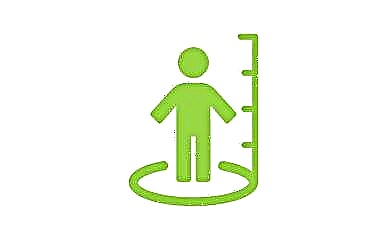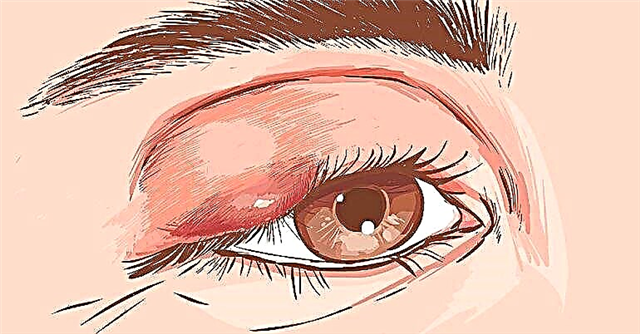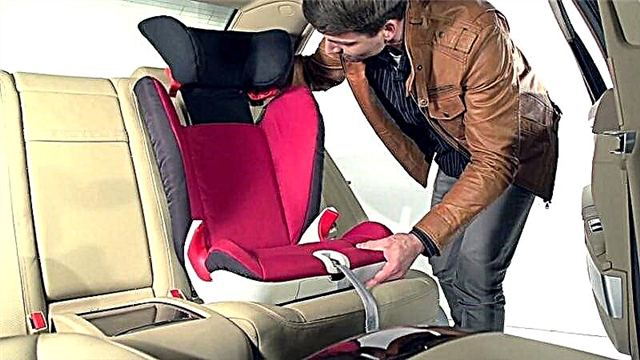
Any ailments in nursing babies alert parents and cause anxiety, even if it is a runny nose. But, before you panic, you should figure out why a newborn and a baby may have such a symptom, whether it is dangerous at an early age and how it is properly treated.

What is a runny nose?
A runny nose or, according to medical terminology, rhinitis is a symptom of various diseases, which is manifested by difficulty breathing through the nose and the appearance of mucous secretions. A kid with a runny nose sniffs, sneezes and “squishes” his nose. The frequent occurrence of a runny nose in infants is due to narrow nasal passages at an early age, as a result of which the nose quickly becomes clogged with mucus, even if there is little of it.
What is it like?
In infancy, a runny nose can be:
- Physiological... The reason for such a runny nose is the insufficiently adjusted work of the mucous membrane, which after birth within 8-10 weeks only gets used to the conditions of breathing through the nose.
- Viral... A baby can become infected from a sick child or a carrier of the virus during a walk, in a clinic or in another public place.
- Bacterial... Most often, such a runny nose appears as a complication of a viral disease, when pathogenic bacteria begin to actively multiply in a weakened child's body.

How to understand if a runny nose is dangerous or not?
The danger of a runny nose for babies in the first year of life is due to the inability of children of this age to breathe with their mouths and blow their nose, as well as the rapidity of the appearance of edema of the nasopharyngeal mucosa, which can cause problems with breathing, eating and sleeping. In addition, a mild runny nose in an infant under one year old can quickly spread throughout the child's body, provoking otitis media, ethmoiditis, conjunctivitis or bronchitis.
In order to prevent serious complications and a prolonged course of a cold in infants, consult a doctor in such cases:
- The baby's body temperature is above + 37.5 ° C.
- The baby has shortness of breath.
- The baby has a poor appetite to the point of refusing to eat.
- A runny nose prevents the baby from sleeping.
- Symptoms last for more than 7 days.
- A runny nose is caused by contact with a potential allergen.

Effective remedies for treatment
Cleaning the spout
Since a child under a year old cannot blow their nose on their own, the main task of parents should be to remove excess mucus from the baby's nose. For this purpose, it is recommended to use special aspirator or small syringewhich has a soft nose. Do not use syringes or cotton swabs to remove mucus.
Microclimate in the room
If a runny nose torments a nursing baby, parents must necessarily ensure the optimal microclimate in the nursery. The baby should breathe clean and humidified air, and dry air in a room that is too warm will only worsen the course of a cold.
The norm of humidity for a child's room is considered to be 65-75%, and the optimal temperature is called + 28 ° C for a newborn, + 24 ° C for a child aged 1-9 months and about + 22 ° C for a baby over 9 months old.
Any objects that accumulate dust should be removed from the room and damp cleaning should be carried out regularly. You should also give the baby more to drink, as nasal discharge removes fluid from the body of the crumbs.
Medications
To prevent the mucous membrane from drying out into the baby's nose, it is advised to bury moisturizing products... These include salt solutions - both pharmacy based on sea salt (Aquamaris, No-salt, Aqualor, Salin and others), and prepared at home from boiled water and table salt.
Also, babies in the first year of life can be buried oil drops, since such funds will also help keep the mucous membrane hydrated. The drugs allowed for babies are petroleum jelly, equipoise and mint oil.
To andto eliminate the risk of an allergic reaction, the first use of such drugs should be represented by 1 drop of the agent applied to the skin under the nose of the crumbs... If after 3-4 hours the skin does not turn red, and the runny nose does not worsen, then you can drip an oil remedy, 1 drop into each nostril. In the absence of negative reactions, then a single dose can be increased to 2-3 drops.
With significant swelling of the mucous membrane, the pediatrician may recommend the instillation of vasoconstrictor drugs. From the funds of this group, in infancy, you can use Nazol Baby, Otrivin 0.05% and Nazivin 0.01%. Such drugs are often instilled before bedtime no more than once every 6 hours and no longer than three days in a row.
For infants under one year old, you can also instill Protargol (an antiseptic drug containing silver) and Vibrocil (a medicine that has both a vasoconstrictor and an antihistamine effect).
How to treat a runny nose in infants is in the video.
Tips
- If a baby has a runny nose, the best parenting tactic should be to see a pediatrician. The doctor will examine the baby, determine the cause of this symptom and recommend the correct treatment.
- You should not use any folk remedies in the treatment of a cold in an infant, since pIt is very difficult to guess the reaction of the body of such a small child to folk recipes. At an early age, instillation of juices, decoctions and herbal infusions is contraindicated.
- Remember that in infancy you can not rinse your nose. The procedure is unsafe for a small child, as the solution can enter both the lungs and the auditory tube. Also, steam inhalations are not recommended for the baby. The only acceptable manipulation under the age of one year is nasal instillation.
- Do not put breast milk into the baby's nose, because it will be an excellent breeding ground for microorganisms. And therefore, such a treatment can provoke the addition of a bacterial infection.




